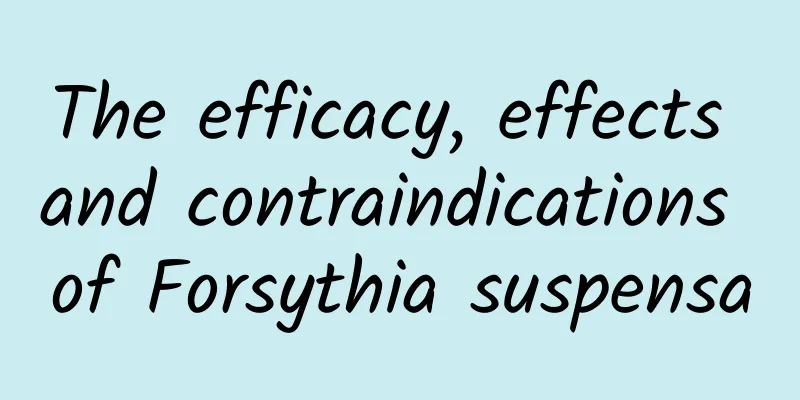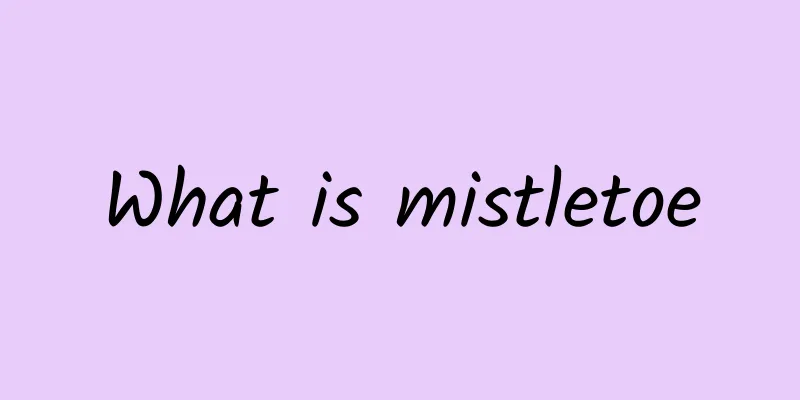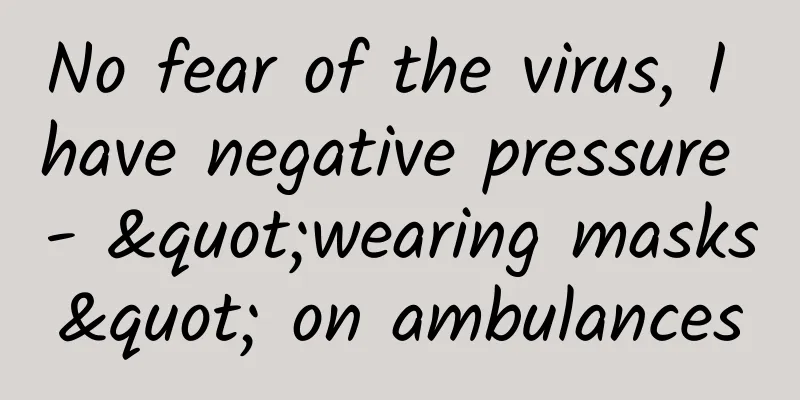What are the effects and functions of horsetail grass

|
Speaking of horsetail, I believe few people know about it. In traditional Chinese medicine, horsetail grass is also called pen tube grass. As the name suggests, its shape is tubular. It looks very similar to green bamboo, but it is shorter and thinner than green bamboo. Horsetail has great medicinal value, and is most effective in anti-inflammatory and hemostasis. Since many people are very unfamiliar with horsetail, let us learn about the efficacy and effects of horsetail, and understand horsetail through its efficacy and effects. The silicates and tannins contained in horsetail have astringent effects, thus having anti-inflammatory and hemostatic effects on the parts of contact. The whole plant of the same genus E. Arvense L. has a diuretic effect; it has been used clinically to treat diabetes, but animal experiments have not confirmed this. Livestock eating spathiphyllum and spathiphyllum plants may cause poisoning. Symptoms include weakness in the limbs, ataxia, difficulty turning around, tremors and muscle rigidity when the livestock are active, weak and frequent pulse, cold limbs, and blood chemical analysis shows vitamin B deficiency. Taking large amounts of vitamin B has a detoxifying effect. 1. Effects on cardiovascular system: The alcohol extract of Herba Cibotii can increase the coronary flow of isolated guinea pig hearts. Intravenous injection of 0.2 ml/kg (100% extract) has a certain antagonistic and buffering effect on the T wave increase and heart rate slowing caused by posterior pituitary hormone. Intraperitoneal injection of 10-15g/kg or intraduodenal administration of 20g/kg of the alcohol extract of Pennisetum truncatum has a lasting antihypertensive effect on anesthetized cats. There is a certain correlation between the intensity and maintenance time of antihypertensive effect and the dosage. It can also counteract the vasoconstriction effect of histamine and still has a hypotensive effect on cats with severed spinal cords, so it is believed that its hypotensive site is peripheral. It has a significant dilating effect on isolated blood vessels of rabbits. 2. Other effects: Ferulic acid has the effect of inhibiting platelet aggregation and release. It has sedative and anticonvulsant effects in animal experiments. Its median lethal dose (mg/kg) is 946 for intraperitoneal injection in mice and 3000 for oral gavage in rats. Toxicity manifests itself as ataxia, muscle rigidity, and cold extremities. Blood analysis showed vitamin B12 deficiency, which was restored to normal with large amounts of vitamin B12 treatment. Indications: Clears the liver and improves eyesight; stops bleeding; promotes diuresis and relieves stranguria; treats wind-heat cold; cough; red and swollen eyes; cloudiness; epistaxis; hematuria; intestinal bleeding; stranguria; jaundice; leucorrhea; fractures. I believe everyone is very clear about the effects and functions of horsetail grass through the introduction. Horsetail grass is generally reflected in Chinese patent medicines, and can also be used in the herbal ingredients of Chinese medicine decoctions. There are many prescriptions of horsetail grass that can be used to treat different diseases. Although horsetail grass is non-toxic, everyone must take it according to the dosage prescribed by the doctor during treatment. |
<<: How to eat red ginseng most nutritiously?
>>: What are the effects of snow lotus
Recommend
How to eat Roucongrong best
We all know that the same ingredient will have di...
The efficacy and function of fried hemp seeds
Hemp seed is the mature seed of cannabis. The eff...
Summer heat is coming! Dig up the ancients' secret recipes for keeping cool
In the hot summer, air conditioners, watermelons,...
Nature's compass
In ancient times, the compass was the most import...
The efficacy and function of cockroaches
As the pressure of modern life increases, more an...
We may find the secret to preventing cancer from elephants and blue whales
Cancer is essentially a disease caused by gene mu...
Popular Science Illustrations | The Ruby of Plants - Roselle
1. Introduction to Roselle Roselle (Hibiscus sabd...
The efficacy and function of Guizhou Swertia japonica
Guizhou deer teeth vegetable is a traditional Chi...
What is China's national flower? Do the red beans in red bean smoothie represent lovesickness? Let's take a look at the secrets of plants
What is China's national flower? Do the red b...
I suddenly became lame after a self-driving trip! Doctors remind me: See a doctor immediately if this happens!
Traveling during the holidays is a good opportuni...
What are the benefits of pangolin?
Pangolin is an animal, so called because it is wr...
What should I do if I have diarrhea after drinking milk? Can I train my milk intake?
Friends often ask Huazi, what kind of food can bo...
Don't buy this kind of fertilizer online to grow plants! Some people got seriously ill and almost died because of it
They accidentally came into contact with the fece...
From breeding to planting, big models make agriculture smarter
Wang Yaojun Recently, the text generation video l...
The efficacy and function of silver silk eucommia
Silver-thread Eucommia ulmoides is a very nutriti...









